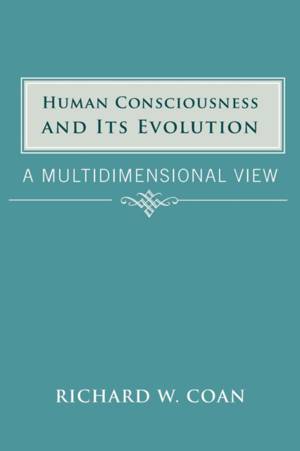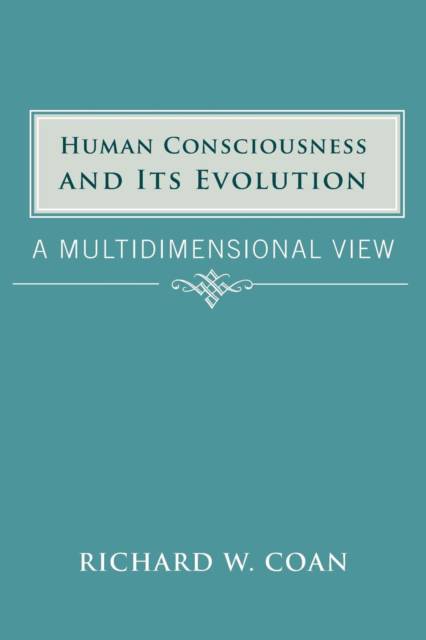
- Afhalen na 1 uur in een winkel met voorraad
- Gratis thuislevering in België vanaf € 30
- Ruim aanbod met 7 miljoen producten
- Afhalen na 1 uur in een winkel met voorraad
- Gratis thuislevering in België vanaf € 30
- Ruim aanbod met 7 miljoen producten
Zoeken
€ 18,45
+ 36 punten
Omschrijving
How has human consciousness evolved from its primitive origins, and what course will it take in the future? How should it develop in an individual from infancy and through childhood and the adult years? Such questions have been the focus of many writers and many religious and philosophical traditions, both Eastern and Western. Most writers and traditions conceive of psychic evolution in terms of one universal pattern, and the evolutionary goal considered by a given writer or tradition may be one of rationality, love, or transcendence of one's individual separateness. The author contends that we may conceptualize the goal of psychic evolution in terms of any of five different modes of fulfillment. We can recognize higher and lower levels of attainment in each of these modes. Whatever mode an individual emphasizes, it is easy to recognize a value in having access to other modes. In the author's view, we need to recognize alternative pathways of psychic evolution. The pathways will differ with respect to the modes that are emphasized and the nature of the interplay of different modes.
Specificaties
Betrokkenen
- Auteur(s):
- Uitgeverij:
Inhoud
- Aantal bladzijden:
- 308
- Taal:
- Engels
Eigenschappen
- Productcode (EAN):
- 9781481736268
- Verschijningsdatum:
- 23/04/2013
- Uitvoering:
- Paperback
- Formaat:
- Trade paperback (VS)
- Afmetingen:
- 152 mm x 229 mm
- Gewicht:
- 412 g

Alleen bij Standaard Boekhandel
+ 36 punten op je klantenkaart van Standaard Boekhandel
Beoordelingen
We publiceren alleen reviews die voldoen aan de voorwaarden voor reviews. Bekijk onze voorwaarden voor reviews.











